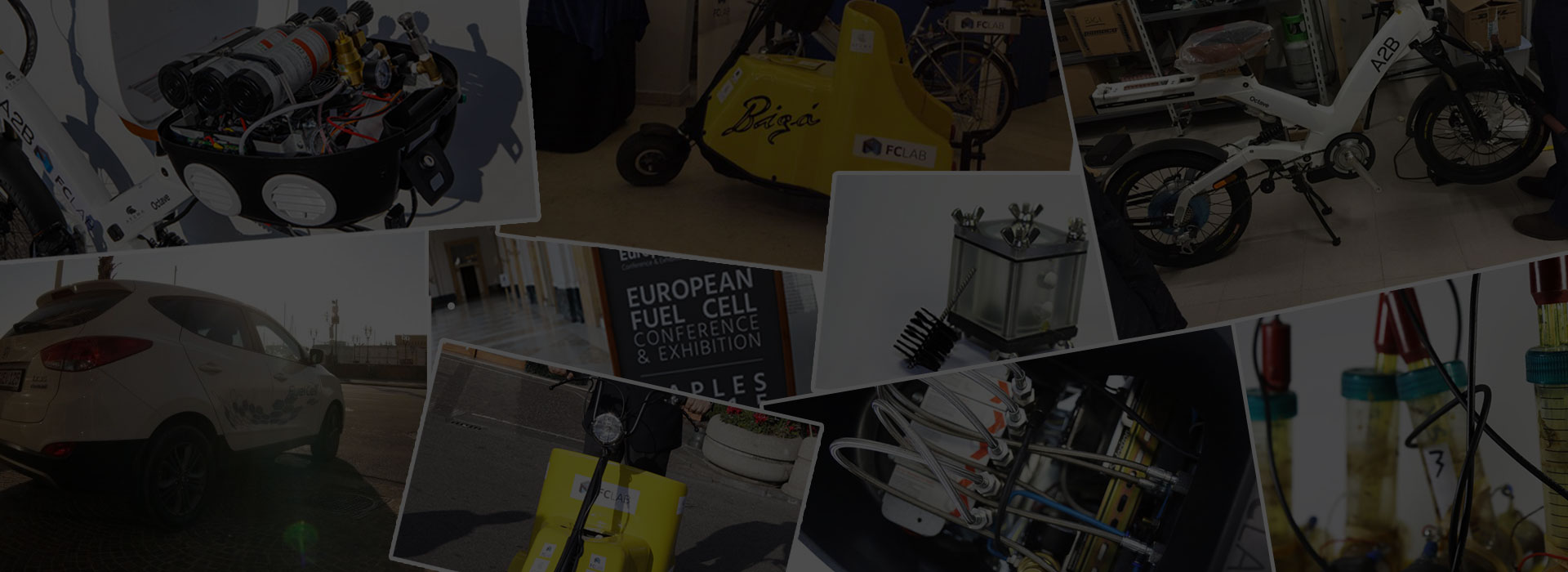18 Mag Portugal plans new hydrogen plant in post-coronavirus ‘green’ future
Work to build the solar-powered hydrogen plant near the port of Sines will start within a year and could attract up to 5 billion euros ($5.43 billion) in private investment, Environment Minister Joao Matos Fernandes told Reuters.
The plant could start producing “green” hydrogen, a cleaner energy source than fossil fuels, by 2023 via electrolysis – a process using electricity to split water – and the aim is for one gigawatt by 2030, he said in the telephone interview late on Wednesday.
“The economy cannot grow along the lines of the past and our post-coronavirus vision is to create wealth from projects that reduce carbon emissions and promote energy transition and sustainable mobility,” Fernandes said.
The Dutch government and firms such as utility EDP-Energias de Portugal (EDP.LS) and oil group Galp Energia (GALP.LS) have already shown interest in the project, he added, saying the plant was one of the nation’s biggest industrial projects.
SOLAR, LITHIUM PROJECTS
Spared the calamitous outbreaks of other European nations including neighbouring Spain, Portugal has suffered 973 confirmed deaths and 24,505 infections from COVID-19. It plans to gradually lift a lockdown from early May.
Initially scheduled to kick off in April, the licensing auction for 700 megawatts (MW) of new solar energy capacity would help Portugal – one of Europe’s sunniest nations – towards its ambition of 7,000 MW of renewable energy by 2030.
It will auction up to 16 potential sites for investors to build solar plants in the southern Algarve and Alentejo regions.
Final bidding is scheduled for the end of August.
Portugal’s first mega auction of 1,150 MW of solar energy capacity last June attracted mainly international players, such as Spain’s Iberdrola, France’s Akuo Energy, Britain’s Aura Power and Germany’s Enerpac Projects.
It set a record minimum price per megawatt-hour of 14.8 euros, while the average auction price was 20 euros MWh, less than half the base price.
Fernandes said the government will also launch its delayed international licensing tender for lithium exploration as soon as it approves “within some months” a new mining law to tighten environmental rules.
Without giving further details, he said the tender would cover seven lithium-rich locations dotted across the country, which is already Europe’s biggest lithium producer.
Portugal’s miners sell almost exclusively to the ceramics industry and are only now preparing to produce higher-grade lithium used in electric cars and electronic appliances.



